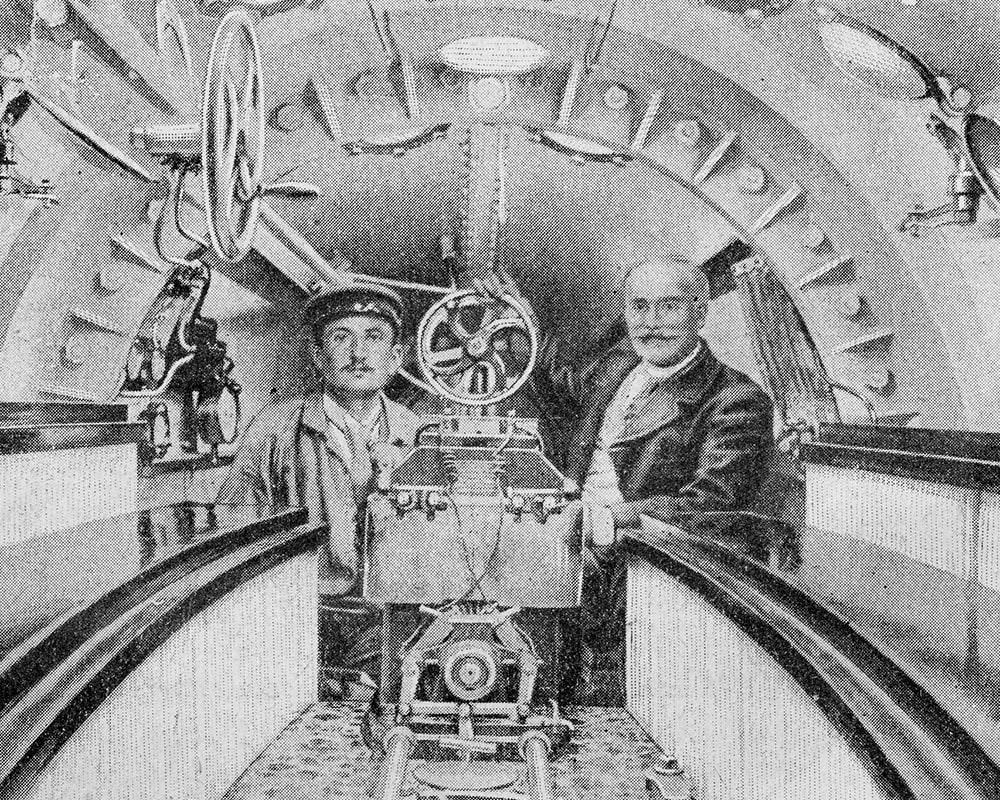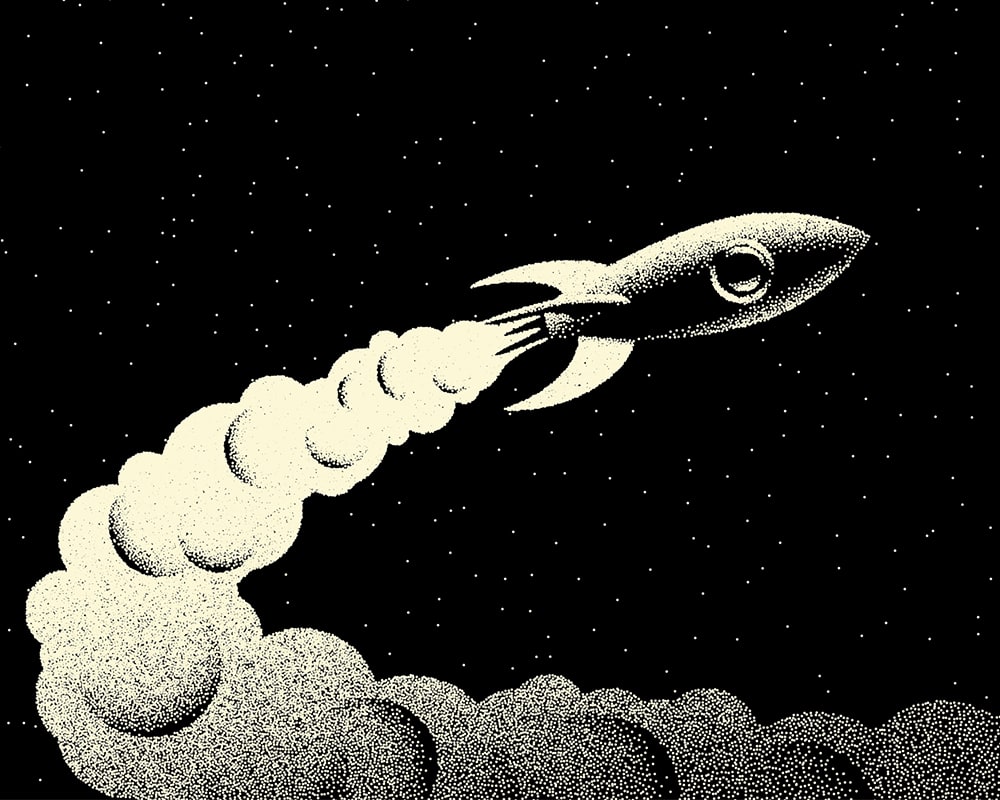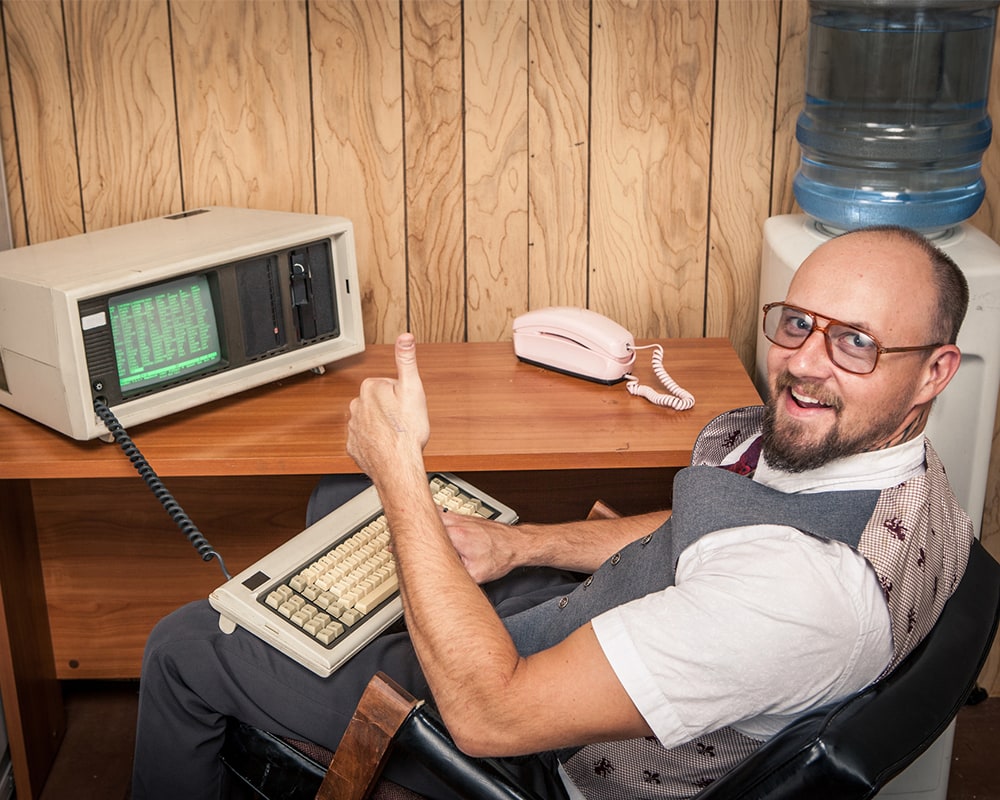The economic times are tight, and the labor pool is thin. What is a Production Manager to do? Here’s a checklist to assemble and produce more quality product with less labor.
Worksmart's 5 Step Checklist
#1. Take a 10,000 foot view
Gather information and analyze what does and doesn’t work for the current or future production system as a whole. “Knowledge is power.”
- Benchmark the process
- If an existing product ID bottlenecks/logjams
- Is the line balanced?
- What is the material flow into the line?
- Any post assembly operations?
- Where does the completed product move to?
- Are there mixed model changeovers?
- Is there excessive materials and equipment in the cell area?

#2. Efficient Cell Layout
The goal is to right size the cell. An efficient layout eliminates wasted handling by improving material flow and space utilization. Floor space costs money.
- What is the best configuration: straight, “U”,”L”, oval?
- Can we integrate offline equipment and shorten footsteps?
- Right size inventory and locate. Set max/mins
- Don’t unpack and repack materials, Review empty dunnage handling.
- Is In Process KanBan positioning needed?
- Choreograph and preplan changeovers and time them. An idle cell produces only waste.
- Train operators to work, “one up, one down”
#3. Station Design
Review ergonomics. Design the workstation to fit the task. Make it easy on the operator. Ergonomics helps to adapt jobs to the people who perform them. Work hard. Work right.
Identify in process handling, lifting, rotation and exchanges.
- Does the product or family of products require fixturing?
- Can the workstations be easily reconfigured for enhancements?
- Are parts presented within easy reach?
- Should tools be presented and stowed o shadow boards or holsters?
- Can equipment and tooling be integrated into the process flow?

#4. Secondary Operations
Try to shorten steps and minimize handling by incorporating post assembly procedures. Do it online and include the operations in the plan. Produce more with less waste.
- Integrate test, QC/inspection and packaging on line to reduce exchanges and shorten steps
- Integrate multiple test bays and rework areas to eliminate bottlenecks and wasteful handling
- Does the cell output terminate at point of use or to shipping?
#5. Goals and Achievements
If we fixture the product and flow it, we should have a winner.
Go back to our benchmarks and assumptions. Did we beat expectations?
If not, why?
If we did how can we further improve the process?

So, what are you waiting for?
Don’t be reluctant to try different methods and listen to your line techs. Continuous change and the potential for improvement should be part of the production ethos. When successfully implemented, the payout is greater production with less labor.
Worksmart Systems has produced efficient and productive assembly cells for over 3 three decades. If you would like a free consultation and cell layout for a current program please call us at (978) 536-5000 or send us a message using the form.
[formidable id=4]







